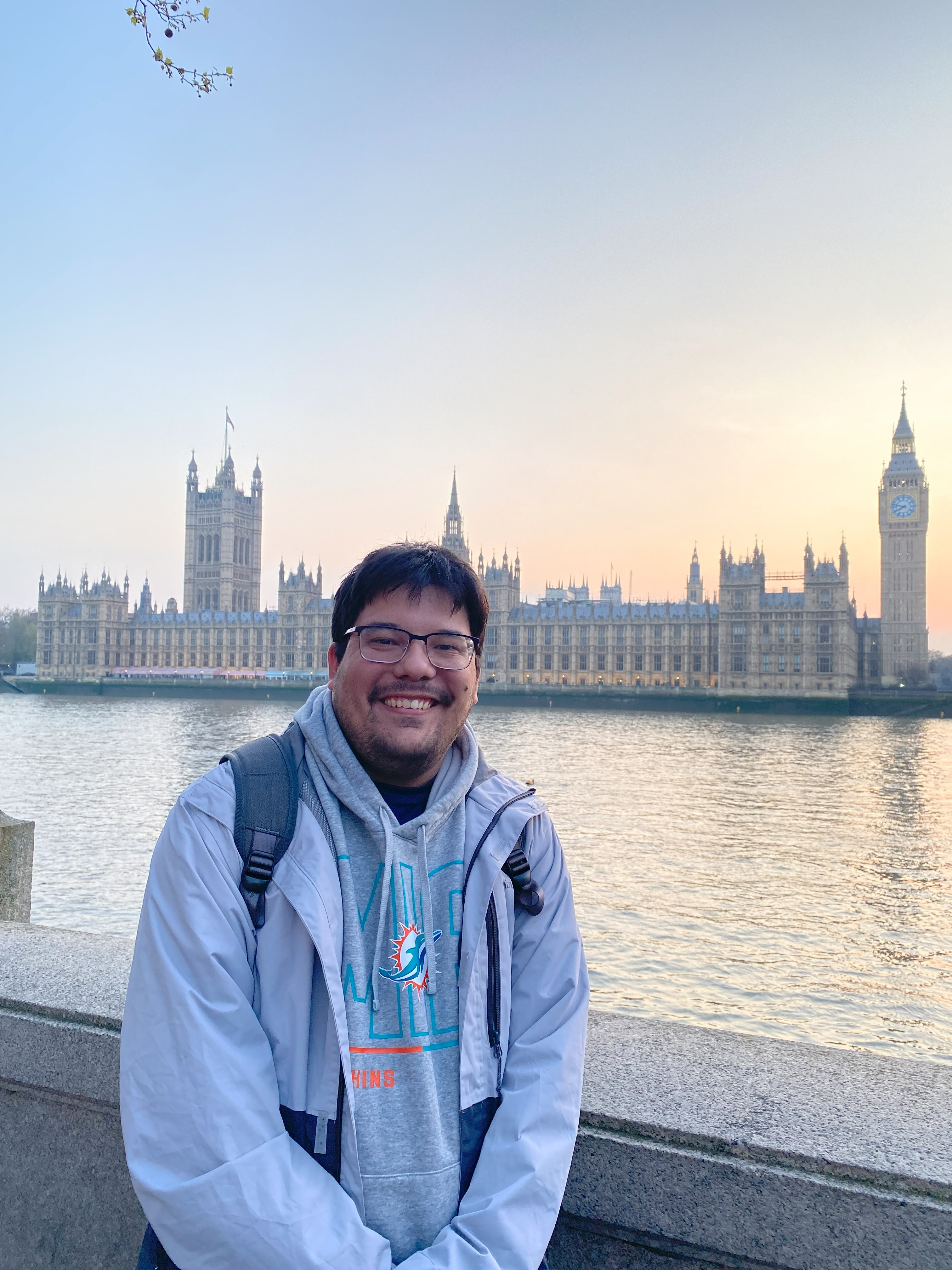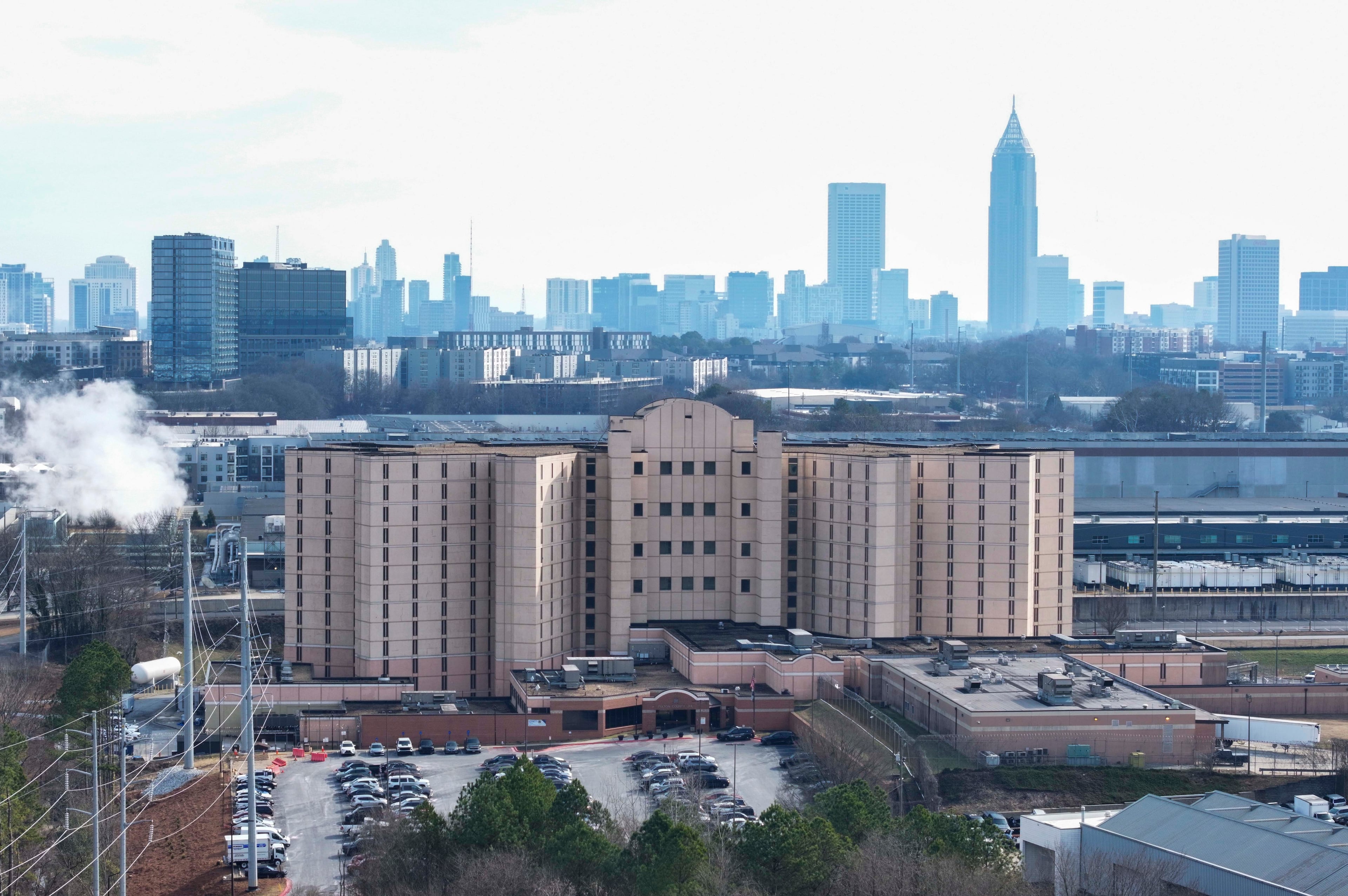Young Thug trial: Here’s what went wrong for Fulton prosecutors

In the spring of 2022, Fulton County District Attorney Fani Willis hailed the racketeering indictment of Young Thug, Gunna and more than two dozen others as a step toward snuffing out violent crime in Atlanta amid a historic spike in shootings and homicides.
But the longest criminal trial in Georgia history ended with a whimper last week as a jury acquitted the remaining two defendants of the most serious charges they faced. One of those men, aspiring rapper Shannon Stillwell, was convicted of a single count of possessing a gun as a felon.
Law enforcement spent nearly a decade investigating “Young Slime Life” members and the RICO trial itself lasted nearly two years. That included the grueling 10-month process of finding a jury that was able to sit through such a lengthy case.
Denise de La Rue, a Decatur-based jury and trial consultant, said she wasn’t surprised by the outcome of the case.
“I just thought they were over it,” she said of the jury. “They probably felt like a lot of their time was wasted.”
Held in jail without bond amid the slow-moving proceedings, a number of defendants accepted plea deals offered by state. Many were released and given probation in exchange for acknowledging that YSL was a gang.
‘Failed out of the gate’
Several metro Atlanta defense lawyers and legal experts called the trial a waste of time and money, saying it was apparent from the beginning that prosecutors had overcharged the case.
Others questioned the state’s decision to call certain witnesses and said prosecutors spent entirely too much time focusing on “irrelevant evidence.”
“They didn’t have the discipline to tell a coherent story,” said appellate attorney Andrew Fleischman, who has been a vocal critic of Willis and her use of the state’s RICO statute.

That sentiment was echoed by several jurors who spoke publicly since Tuesday, one of whom likened the prosecution’s case to “a torn up picture they were trying to tape back together.”
“You try to make it whole, but you are missing some pieces,” Juror 71 told The Atlanta Journal-Constitution. He asked not to be identified, citing safety concerns.
The AJC requested an interview with Willis to discuss the trial. In a statement released after Tuesday’s decision, a spokesperson for the DA said they respected the jury’s verdict.
Fleischman called the outcome of the trial embarrassing for the DA’s office.
“It’s bad enough if it’s two weeks or a month, but I think there was just a total lack of respect paid to those jurors’ time in the way the case was presented,” he said.
Willis was a prosecutor in the Atlanta Public Schools cheating scandal trial that began in 2014. Of the nearly three dozen educators indicted in that racketeering case, 21 took plea deals and 11 more were convicted at trial. Willis has also used Georgia’s RICO statute against other alleged Atlanta gangs and former President Donald Trump and his allies in the 2020 election interference case.
Georgia State University law professor Anthony Michael Kreis said YSL prosecutors failed to properly present their case from the beginning, starting with opening statements.
“If an opening statement is going to be a useful vehicle for telling the jury exactly what they are about to hear and presenting a road map to them, the state totally failed out of the gate,” Kreis said. “It just seemed to me that there was never a desire to course correct.”
In the end, he said prosecutors were unable to show exactly what the goal of Young Thug’s alleged racketeering enterprise was.

No confessions over a beat
Several jurors who were interviewed by attorneys and the media said they rejected the state’s use of rap lyrics as evidence in the case. Prosecutors introduced several songs at trial, arguing the popular tracks were admissions of real-world crimes committed in furtherance of the gang.
“If you decide to admit your crimes over a beat, I’m going to use it,” Willis said before the trial.
In their push to have music excluded from the case, defense attorneys argued rap lyrics are a protected form of creative expression. Using them as evidence in a high-profile racketeering trial would have a chilling effect on the hip-hop scene, they said, not just in Atlanta, but across the country.
Kreis, the law professor, said it was clear the jury rejected the use of lyrics as evidence.
“The fact you had 12 citizens, not legal scholars, not free speech abolitionists or free speech advocates, come to the same conclusion, I think it should be a resounding message that this kind of tactic is really not going to play well with the jury in Fulton County,” he said.
Marietta defense attorney Ashleigh Merchant, whose client pleaded guilty to a single conspiracy count prior to trial, said prosecutors “cast too wide a net.” She called the case a huge waste of taxpayer resources.
“It would just be so incredibly frustrating if I were a juror giving up that much of my life that you’re never going to get back,” Merchant said.

Some of the jurors also apparently took issue with the demeanor of Chief Deputy District Attorney Adriane Love, the lead prosecutor on the case.
Love was widely criticized for the slow-moving pace of the trial, and Superior Court Judge Paige Reese Whitaker admonished the veteran prosecutor several times outside the jury’s presence. The judge questioned Love’s candor with the court and criticized her prosecution team for what Whitaker called “really poor lawyering.”
In the final weeks of the trial, Love appeared to take a back seat at the state’s table after it became clear she wasn’t in the judge’s good graces. Her colleagues delivered the prosecution’s closing arguments, and Love never met with the jury after the verdict was delivered.
Doug Weinstein, who represented YSL defendant Deamonte Kendrick at trial, said one juror told him she was turned off by Love’s “unprofessional behavior” in the courtroom.
There were several instances where Love continued to argue her points even after the judge ruled against her. And members of the defense team complained throughout the case that prosecutors had withheld evidence that should have been turned over before the start of trial.
Judge Whitaker took the almost unheard of step of requiring the prosecution team to take a remedial education course during the trial on their obligation to turn over favorable evidence to the defense.
Weinstein said he was told by another juror “there could have been a different outcome” had the prosecution team that handled the final month of trial been there from the beginning.

What comes next?
Attorney Charlie Bailey, a close ally and former colleague of Willis, said he doesn’t think the outcome of this trial should discourage the DA’s office from going after Atlanta gangs in the future.
He said the state secured plenty of guilty pleas over the past two years, including from Young Thug, the superstar rapper at the center of the case.
And there are still additional YSL defendants left to try, he noted.
“When you’re determining whether to bring charges or not, you don’t know what a jury will ultimately do,” said Bailey, a former gang prosecutor who is married to a spokeswoman in the Fulton DA’s office. “This is part of the system … and a different set of jurors might have made a different decision.”

Former Bartow and Gordon county prosecutor Stewart Bratcher said it’s clear the jury didn’t buy the state’s theory that YSL is a criminal enterprise. He suggested it may be time for prosecutors to start offering plea deals to some of the remaining defendants or dismiss their charges entirely.
”I would probably be cutting bait on that,” Bratcher said.
On Wednesday, prosecutors did just that, writing in court filings that they planned to dismiss charges against six of the remaining 11 defendants.
Judge Whitaker said attorneys have until Dec. 17 to negotiate possible plea deals for the five defendants still waiting to stand trial. Prosecutors on Friday requested a Feb. 24 trial date.




